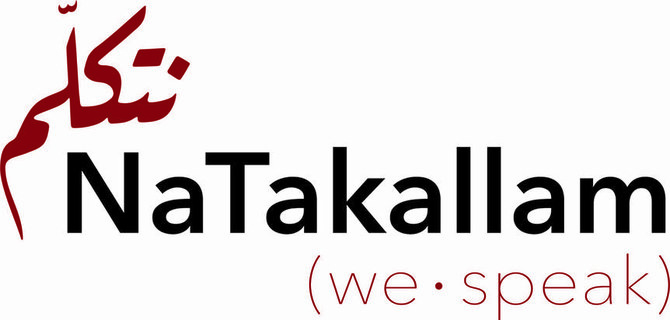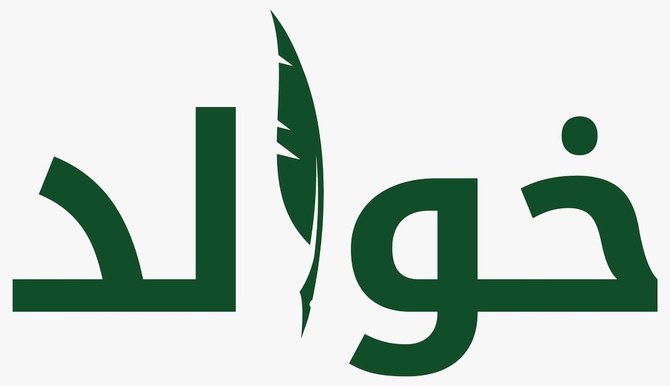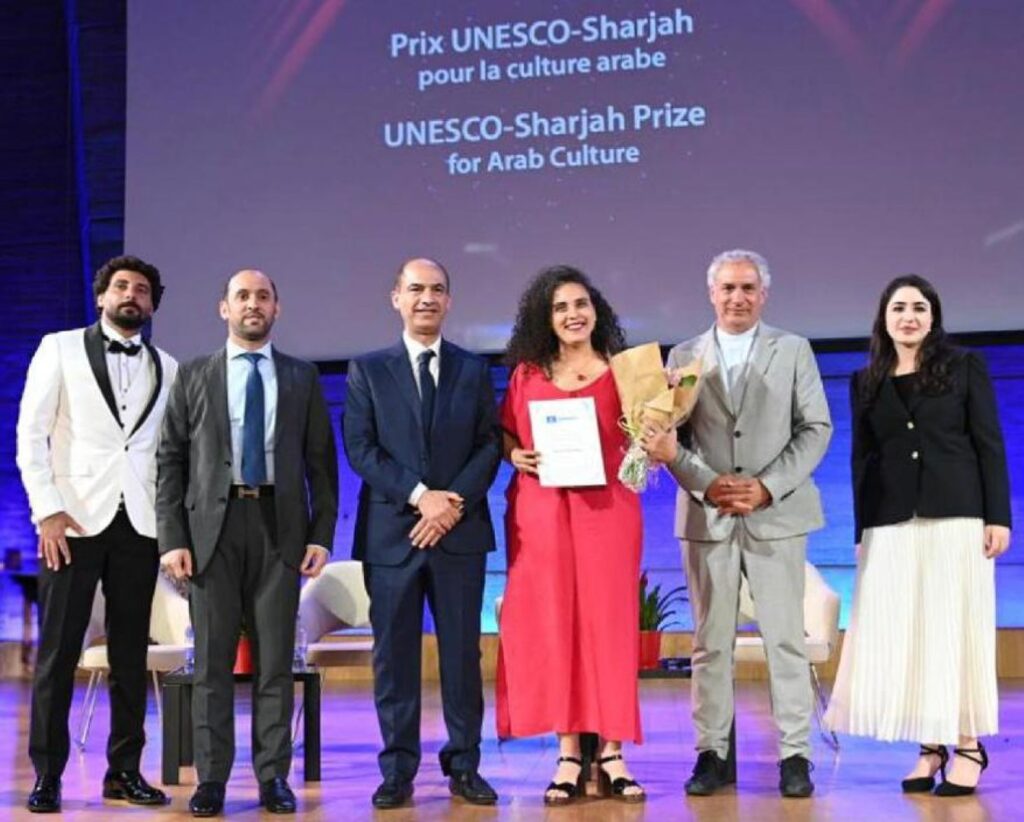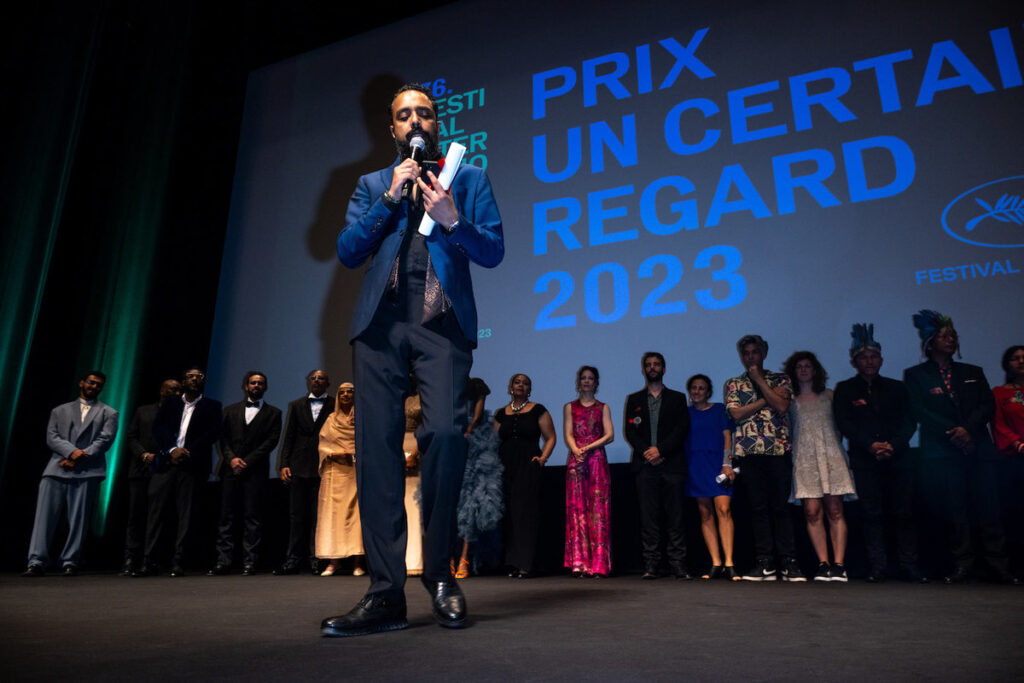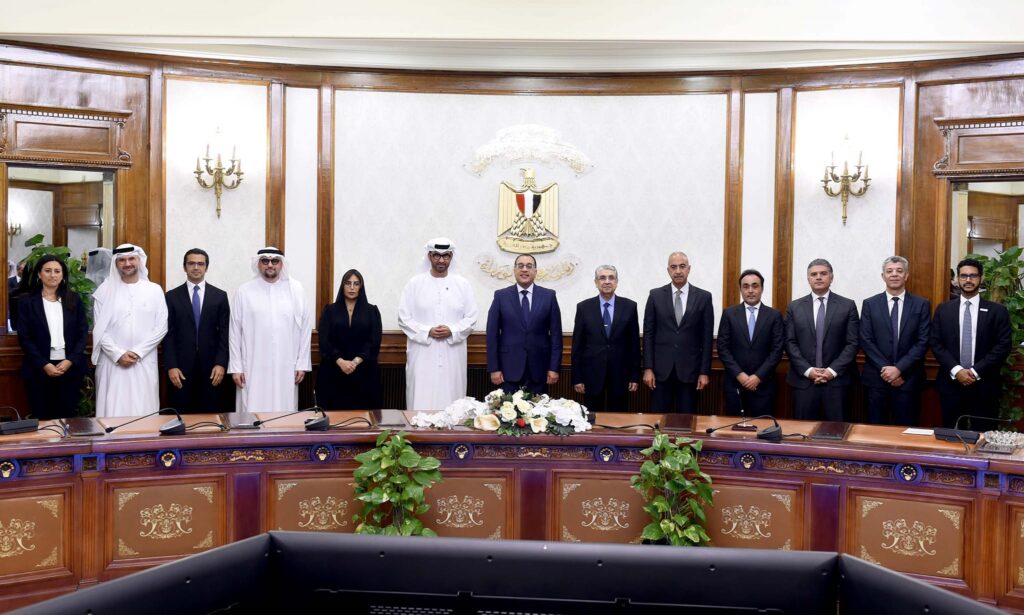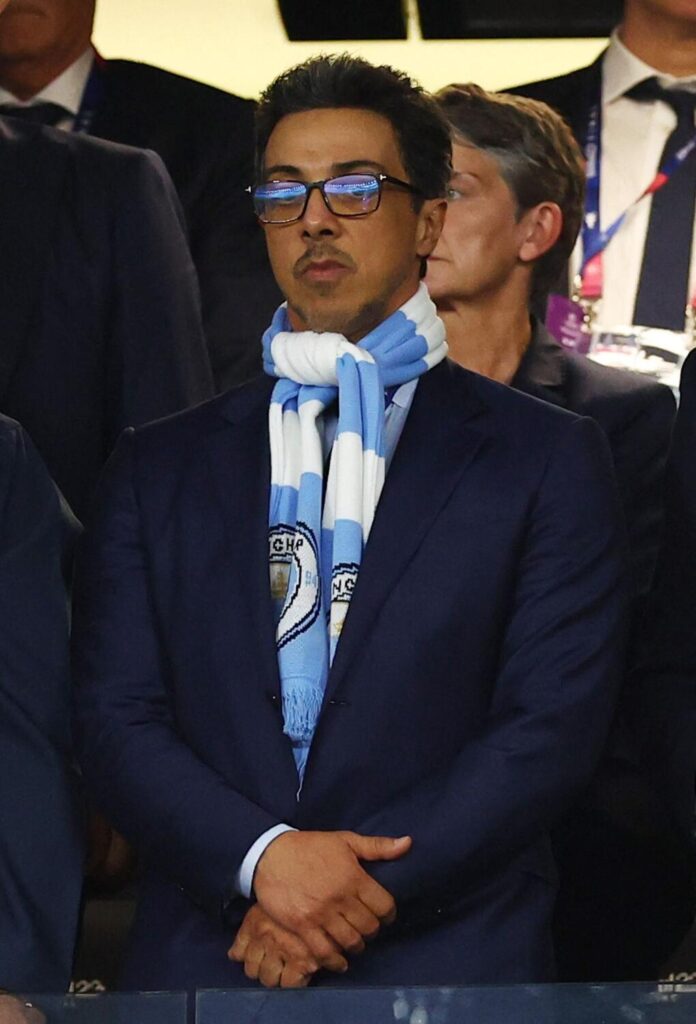The Atlas Lionesses wrote a page in the history of Women’s football as they became the first Arab nation to play a Women’s Africa Cup of Nations final.
Morocco’s Women National Football (MWNF) team has been making headlines as their popularity has grown since last year’s Wafcon (Women’s Africa Cup of Nations) final, in July 2022.
Hosted by Morocco, the Wafcon tournament marked the rise of the Atlas Lionesses as they became the first Arab nation to play a final for this tournament, when they faced off against South Africa.
As they prepare for this year’s 2023 World Cup in Australia and New Zealand, it is worthwhile to look back on the MWNF team’s great accomplishment last year and what it means for the rest of the world.
The Atlas Lionesses’ Eye-Catching Adventure At Wafcon 2022
With Football having been traditionally viewed as a men’s game in the region, the MWNF team captured the hearts and imagination of girls and women from the Arab region as they achieved a milestone at the 2022 Wafcon.
Although South Africa ended up winning the title, the Atlas Lionesses gained recognition for their impressive skills and outstanding performances, securing the 7th rank in Africa and the 72nd place in the FIFA global ranking.
Before reaching the final, the MWNF team had beaten Botswana and Nigeria in two spectacular football matches, allowing them to secure a ticket to participate in the 2023 Women’s World Cup, which will take place in Australia and New Zealand.
Impressing many football personalities, the team’s remarkable performance also saw the rise of a number of star players in the team as Ghizlane Chebbak, Fatima Tagnaout, and Zineb Redouani were listed among the “best eleven” by the Confederation of African Football (CAF).
In addition to that, Morocco’s captain Chebbak was named the best player of the 2022 Wafcon and received the “Woman of the Tournament” award following the match against South Africa.
Commenting on the Atlas Lionesses’ performance at last year’s Wafcon, MWNF coach Reynald Pedros expressed his eagerness to reach new heights with his team: “We will continue to work. This is just the beginning of a new adventure.”
Recognition by international media
Various local and regional news outlets put the spotlight on the MWNF team’s achievements, acknowledging their contribution to Morocco’s football development, alongside the Atlas Lions’ incredible performance at the last men’s World Cup.
For instance, International football’s governing body FIFA described the year of 2022 as “Morocco’s miracle year of continental and international success” and emphasized the women’s team’s role in paving the way for Moroccan football to become a leading global symbol.
For Africa News, women’s football may be at a turning point as its popularity is growing exponentially, proven by the attendance record of the final Wafcon match which counted around 50,000 supporters at the Prince Moulay-Abdellah Stadium in Rabat.
The article also acknowledged Morocco as “the first North African country to host the Women’s Africa Cup of Nations in the 24-year history of the continental competition.”
Earlier this week, the Atlas Lionesses headed to Australia ahead of the 2023 FIFA Women’s World Cup as the only representative of the Middle East and North Africa region in this prestigious global tournament.
source/content: moroccoworldnews.com (headline edited)
_____________
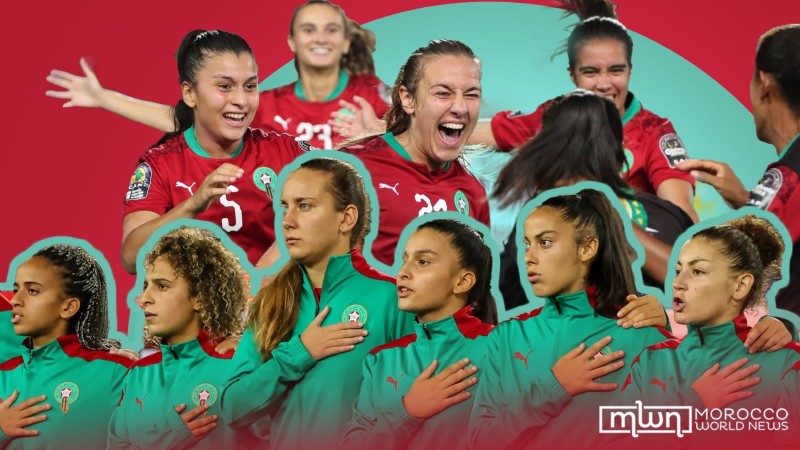
Morocco women football team
_____________
MOROCCO

